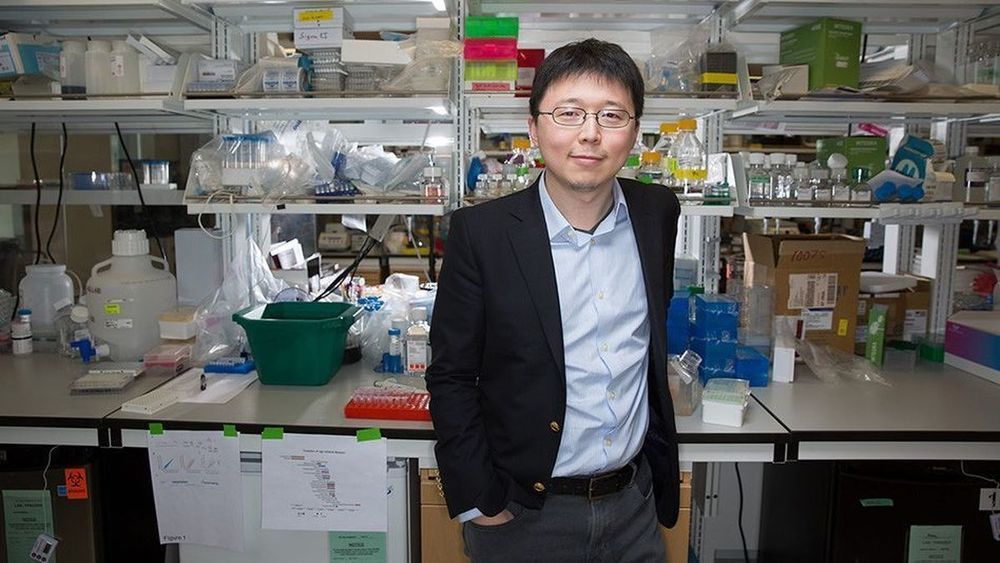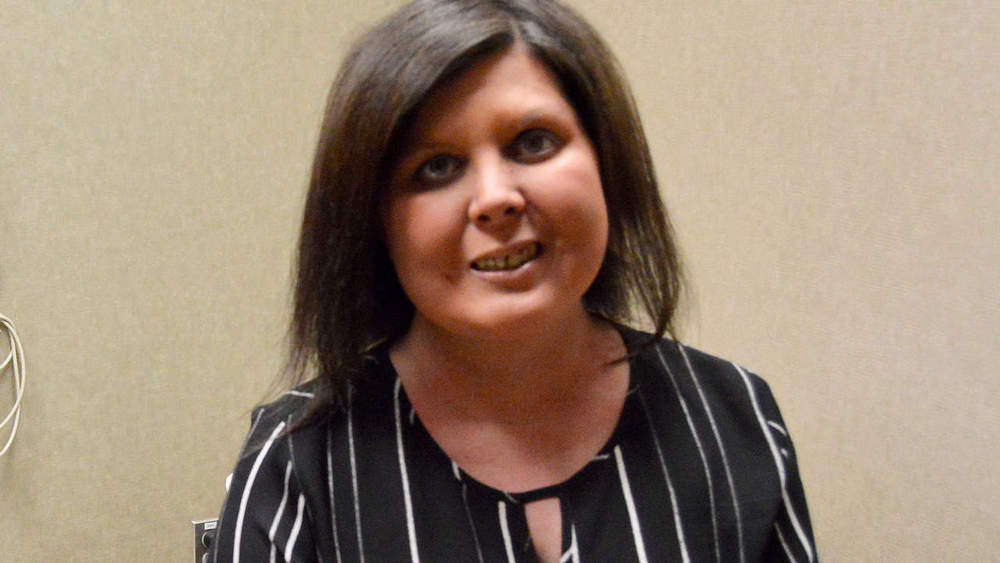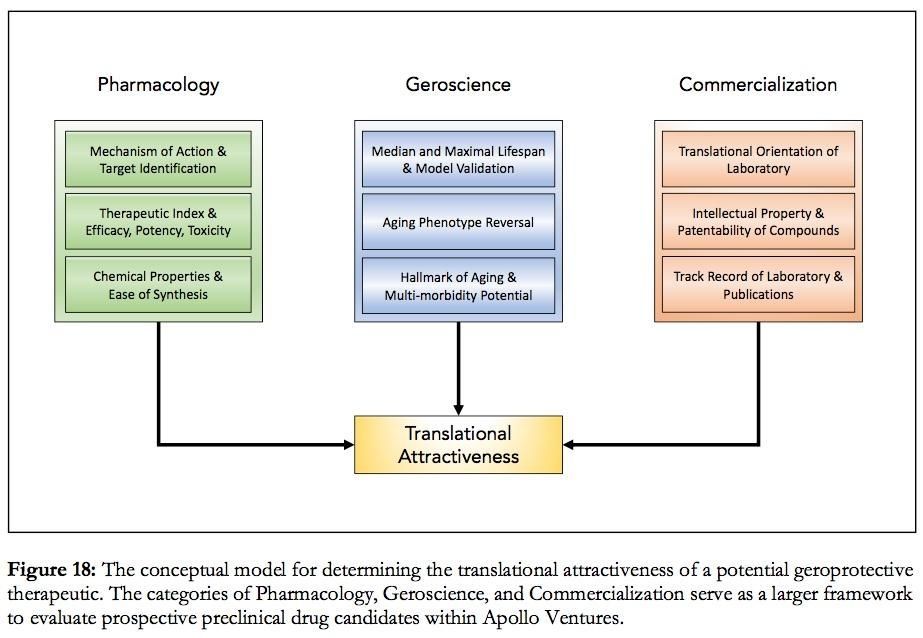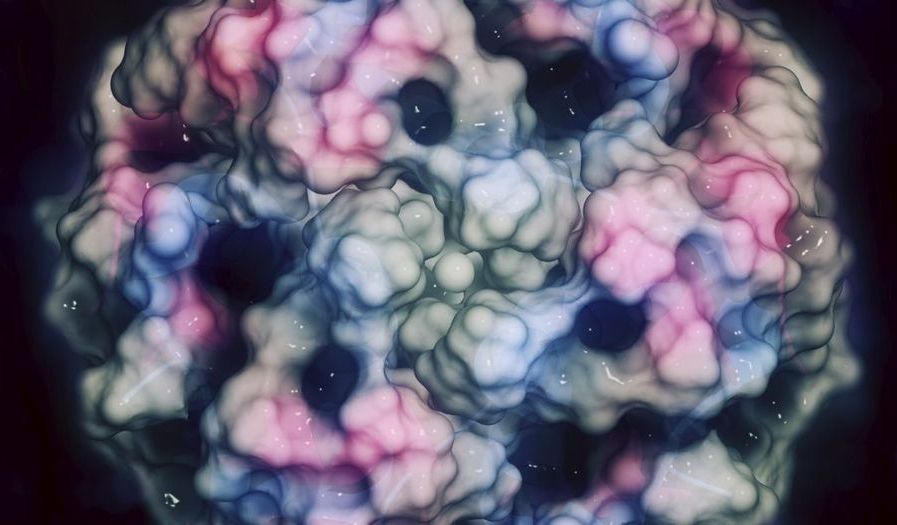The scientists who developed the revolutionary gene-editing system known as CRISPR are improving it with new tools that make it work better.



Over the last decade, military theorists and authors in the fields of future warfare and strategy have examined in detail the potential impacts of an ongoing revolution in information technology. There has been a particular focus on the impacts of automation and artificial intelligence on military and national security affairs. This attention on silicon-based disruption has nonetheless meant that sufficient attention may not have been paid to other equally profound technological developments. One of those developments is the field of biotechnology.
There have been some breathtaking achievements in the biological realm over the last decade. Human genome sequencing has progressed from a multi-year and multi-billion dollar undertaking to a much cheaper and quicker process, far outstripping Moore’s Law. Just as those concerned with national security affairs must monitor disruptive silicon-based technologies, leaders must also be literate in the key biological issues likely to impact the future security of nations. One of the most significant matters in biotechnology is that of human augmentation and whether nations should augment military personnel to stay at the leading edge of capability.
Military institutions will continue to seek competitive advantage over potential adversaries. While this is most obvious in the procurement of advanced platforms, human biotechnological advancement is gaining more attention. As a 2017 CSIS report on the Third Offset found most new technological advances will provide only a temporary advantage, assessed to be no more than five years. In this environment, some military institutions may view the newer field of human augmentation as a more significant source of a future competitive edge.

Commentary
The crime scene was straight out of an Alfred Hitchcock movie. One hundred and fifty dead birds lay sprawled on the ground, fallen out of trees in a park in The Hague, The Netherlands.
The second such occurrence last autumn made Dutch citizens look up and wonder. With robust starlings turned upside-down at their feet, the usual suspects of disease, pollution, and foul play were dismissed.

Stem cell research may be controversial but it’s showing incredible promise in treating a number of long-incurable diseases. The latest target for scientists working with stem cells is type 1 diabetes, and a new study reveals that it’s possible to convert stem cells into cells capable of producing insulin, potentially opening the door to a cure.
The goal which the scientists are rapidly working towards is to be able to replace insulin-producing cells in individuals who have type 1 diabetes. In diabetes patients those cells are often destroyed when the person is young, requiring that they monitor their blood sugar levels and take insulin to manage the disease.



Great news!
Inspired by British billionaire Jim Mellon, chairman of anti-aging upstart biotech venture Juvenescence, Sergey Young unveiled a $100 million fund on Monday to catalyze the development of a comprehensive solution to counteract the damaging consequences of aging.
“I’ve never looked like my age…and with my name, I think it was predetermined that I was going to work in the space (of aging),” Young told Endpoints News. The 47-year-old considers himself a product of Peter Diamandis — the man behind the non-profit XPRIZE and venture capital fund BOLD Capital Partners — and is in charge of all things longevity at both organizations.

Longevity Investor Network member Sebastian Aguiar discusses the rejuvenation biotechnology industry and bridging the gap between research and development.
 Sebastian Aguiar is a Venture Fellow at Apollo Ventures, an aging-focused venture capital fund and company builder that invests across Europe and the United States. He can be found at https://www.linkedin.com/in/sebastianaguiar/ and https://twitter.com/sebastian_gero.
Sebastian Aguiar is a Venture Fellow at Apollo Ventures, an aging-focused venture capital fund and company builder that invests across Europe and the United States. He can be found at https://www.linkedin.com/in/sebastianaguiar/ and https://twitter.com/sebastian_gero.
What initially attracted you to aging as a general discipline?
Aging is already a solved problem… for cells. The germ line is immortal. Cancer cells are immortal as well. In fact, cellular immortality has been a solved problem for 3.5 billion years, since the dawn of life on Earth. It’s just that the soma – all the cells other than the reproductive cells – are disposable.

